Tag: infrastructure
-
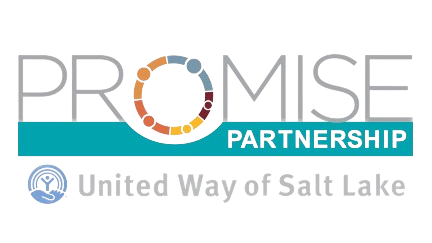
Laying the foundation for a community information exchange in Utah
In 2021, Utah’s incoming governor Spencer Cox outlined a plan – the One Utah Roadmap – to address key priorities for the state in his first 500 days, ranging from coordinated COVID response to addressing the social determinants of health. In support of these priorities, the Governor’s office formed a working group focused on the…
-
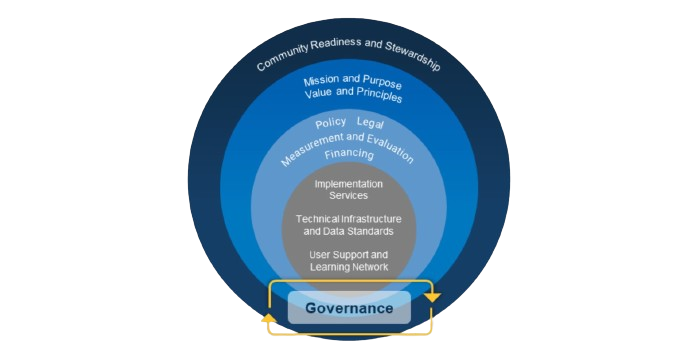
Just Released: Toolkit for information exchange initiatives from the Office of the National Coordinator of Health IT at HHS
I’m excited to share with you this toolkit for information exchange initiatives that aim to address the social determinants of health – shared by the Office of the National Coordination for Health Information Technology at the US Department of Health and Human Services (known as ONC). The toolkit (PDF downloadable here) synthesizes subject matter expertise…
-
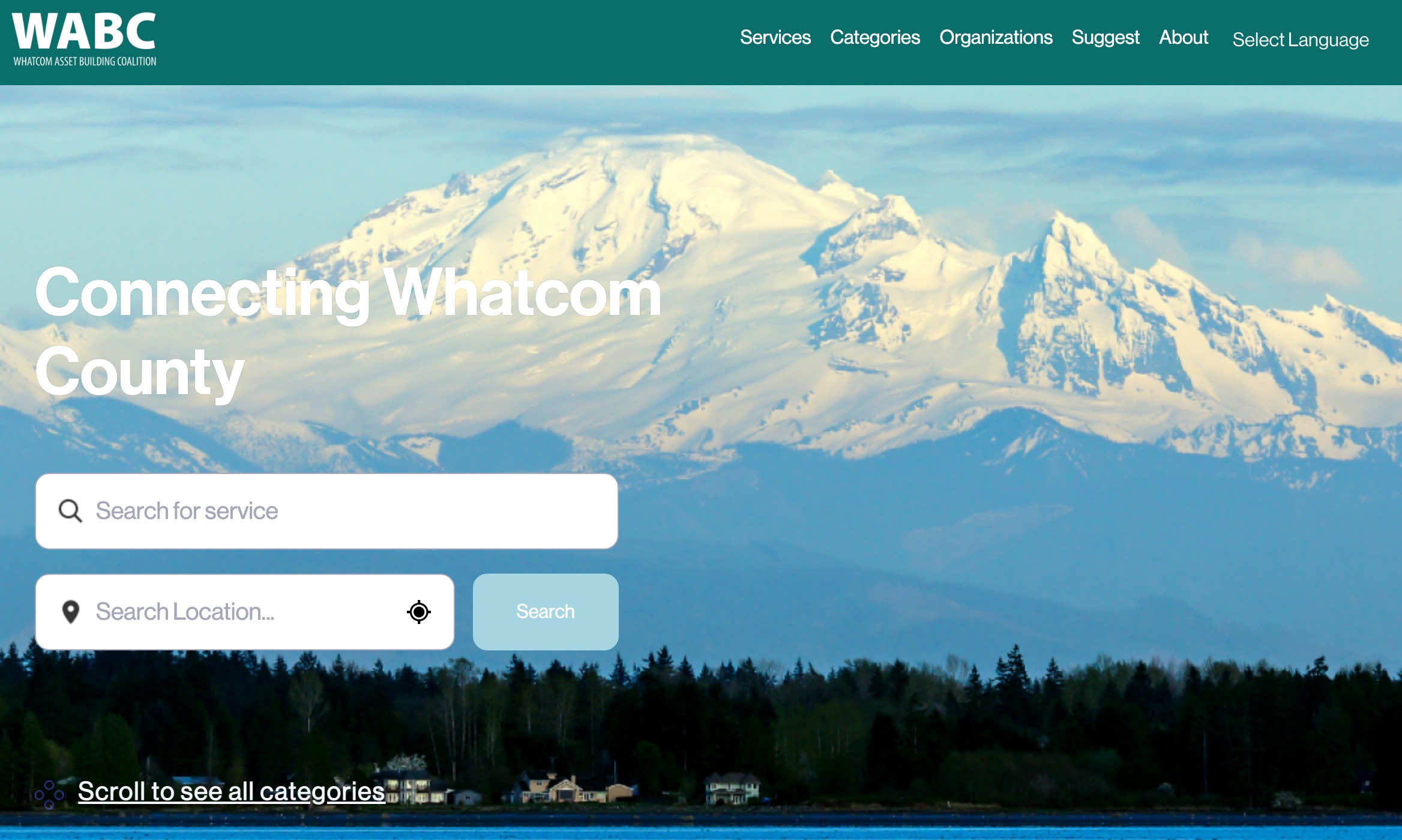
Introducing the Whatcom County Resource Information Collaborative
This post is brought to us by Kristi Slette, Secretariat of the Whatcom Resource Information Collaborative in Washington state. Welcome, Kristi! Washington state’s Whatcom County – the north western most county in continental U.S. – is a resourceful community with many collaborative community-based organizations that serve residents in need. For many years, the leadership and…
-

Tackling Data Dilemmas in Social Care Coordination: A Whitepaper on Community Information Exchange
Last year – with sponsorship from Robert Wood Johnson Foundations’ DASH program, and in partnership with the Regional Data Alliance at University of Missouri St Louis – I co-authored a whitepaper that aggregated research and recommendations from across the emerging field of “social care coordination.” This paper provides a strategic framework in which to understand…
-
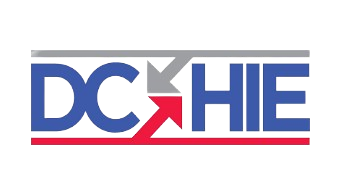
Evolving the DC Community Resource Information Exchange’s Inventory Capabilities
In the District of Columbia, we’re developing a new approach to the very old problem of resource directory information management. Years ago we shared the story of the first phase of our work here on this blog, and we’re now excited to share results from our second phase. The DC Community Resource Information Exchange initiative…
-
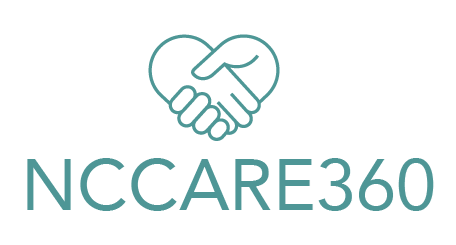
Introducing NCCARE360: a coordinated statewide resource referral platform
[This post is from Laura Marx, President and CEO of United Way of North Carolina. Welcome, Laura!] In 2019, the first statewide health and human service care coordination platform launched in North Carolina: NCCARE360. Part of a broader healthy opportunities network envisioned by the state Department of Health and Human Services (NC DHHS) — NCCARE360…
-
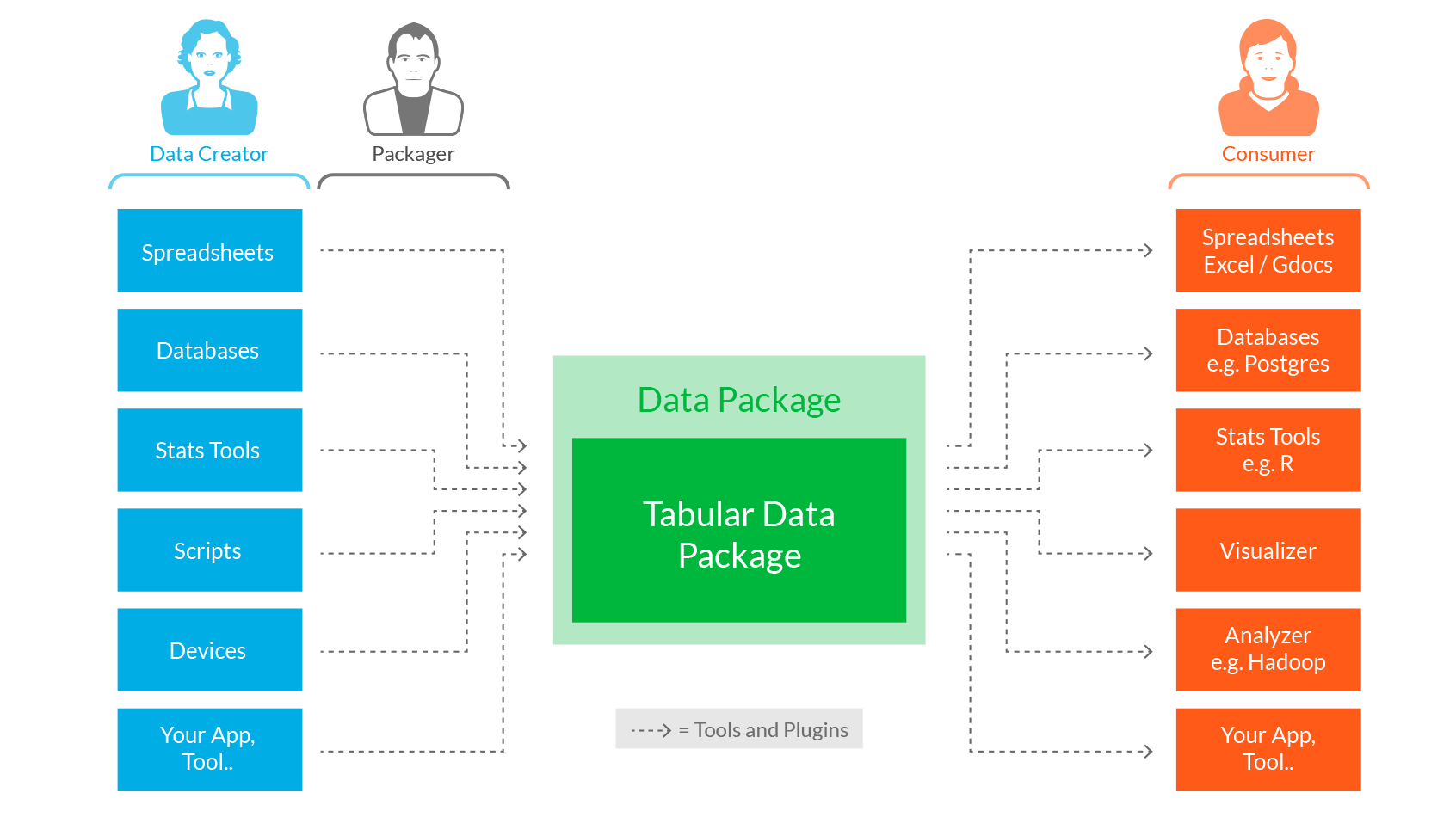
Introducing Open Referral’s data transformation toolkit
We’re excited to introduce a set of tools that make it easier to standardize resource data. Community resource directory data (i.e., information about health, human, and social services available to people in need) is deceptively complex. In order to accurately represent the relationships between organizations, the services they provide, and the locations they are offered,…
-
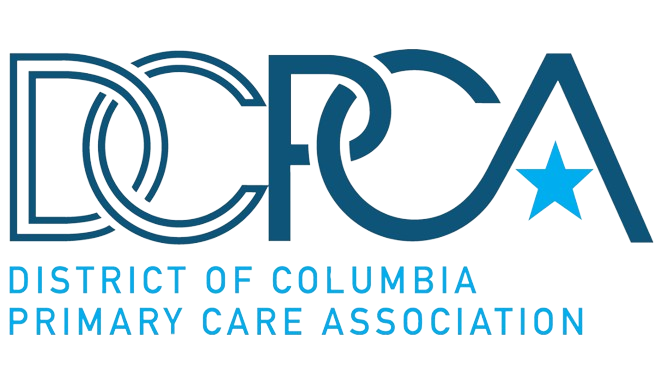
The DC Community Resource Information Exchange: Phase One Report
The District of Columbia’s community of health, human, and social service providers are struggling with a familiar challenge: they want to be able to more effectively coordinate care among their patients and clients, yet their systems can’t currently ‘talk’ to each other. In response to this issue, DC’s Department of Health Care Finance (DHCF) initiated…
-
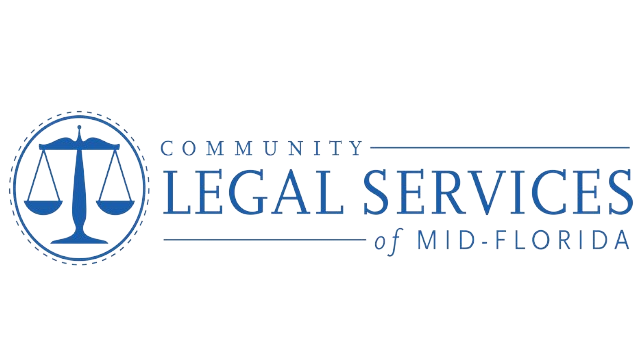
The Florida Legal Aid Resource Federation: Pilot Report
After two years of development, we’re pleased to share details of our successful Florida Legal Aid Resource Federation pilot! Initiated in 2016 (see our original post here) and completed in 2018, with support from the Legal Services Corporation and the Florida Bar Foundation, the Florida Legal Aid Resource Federation (FLARF) was a complex project with a…
